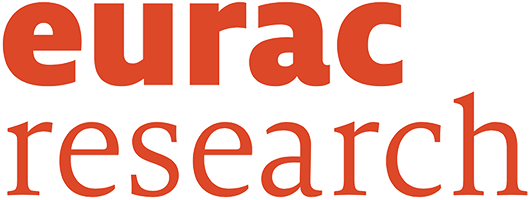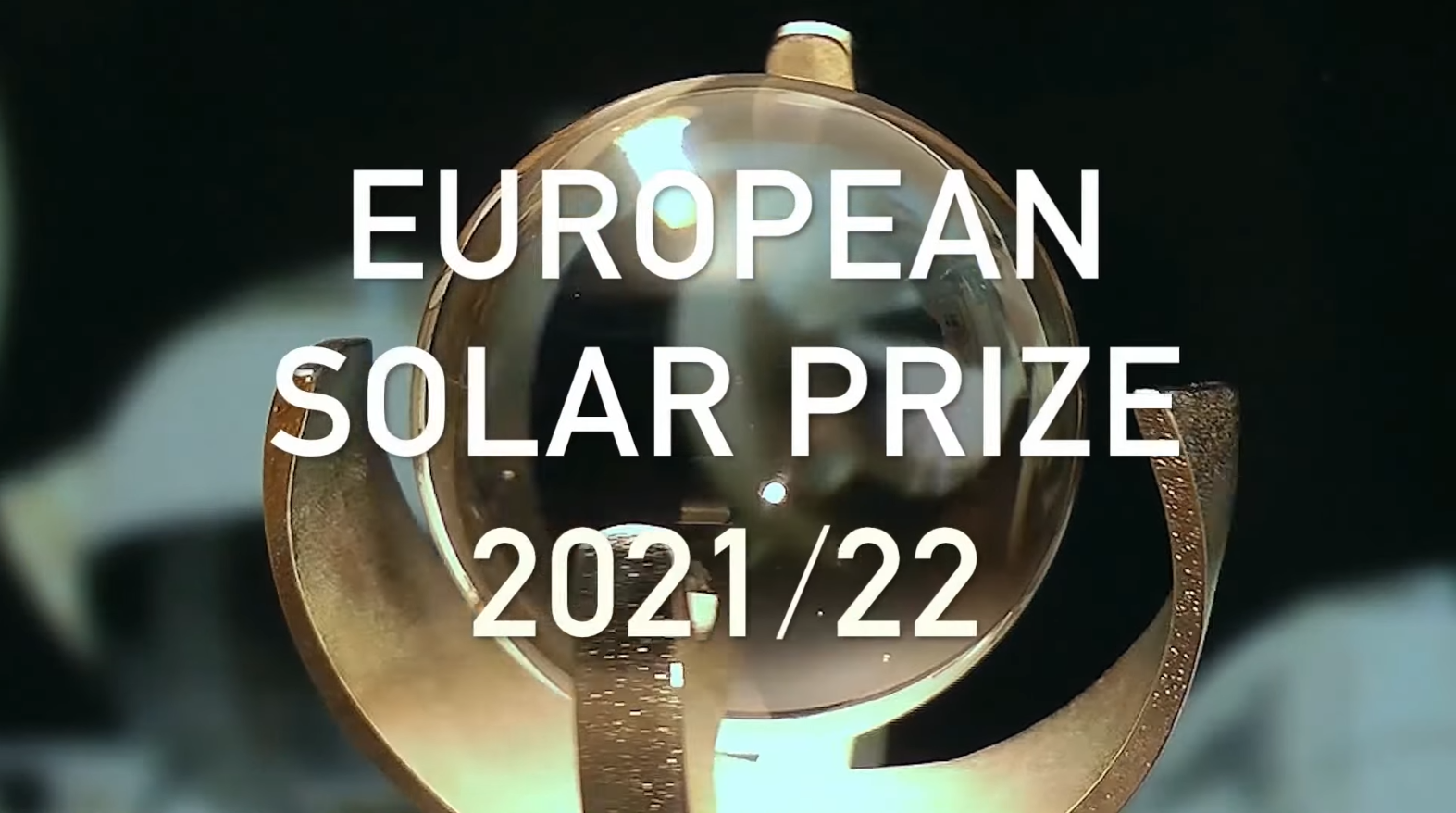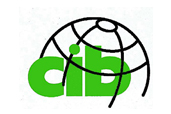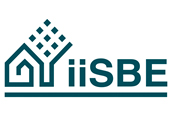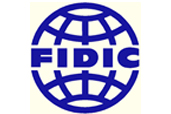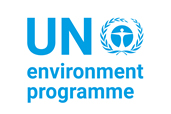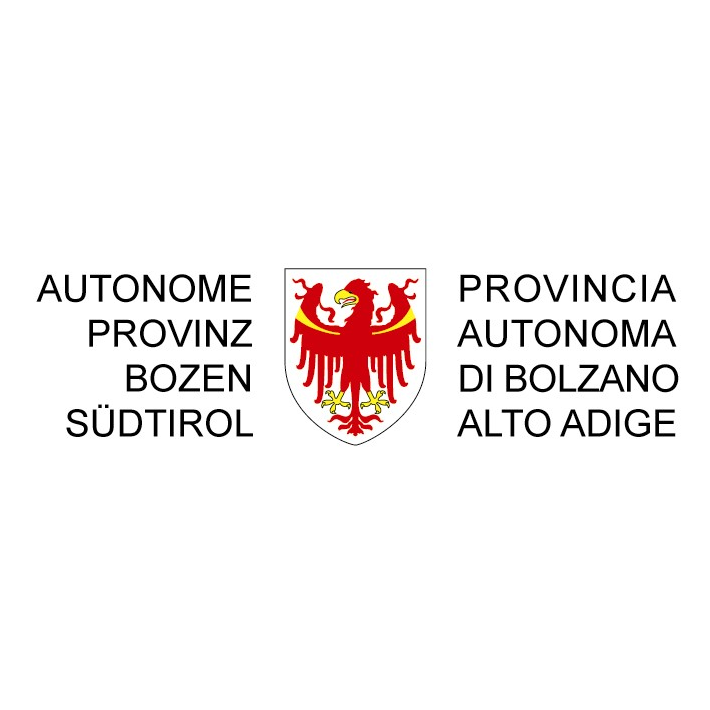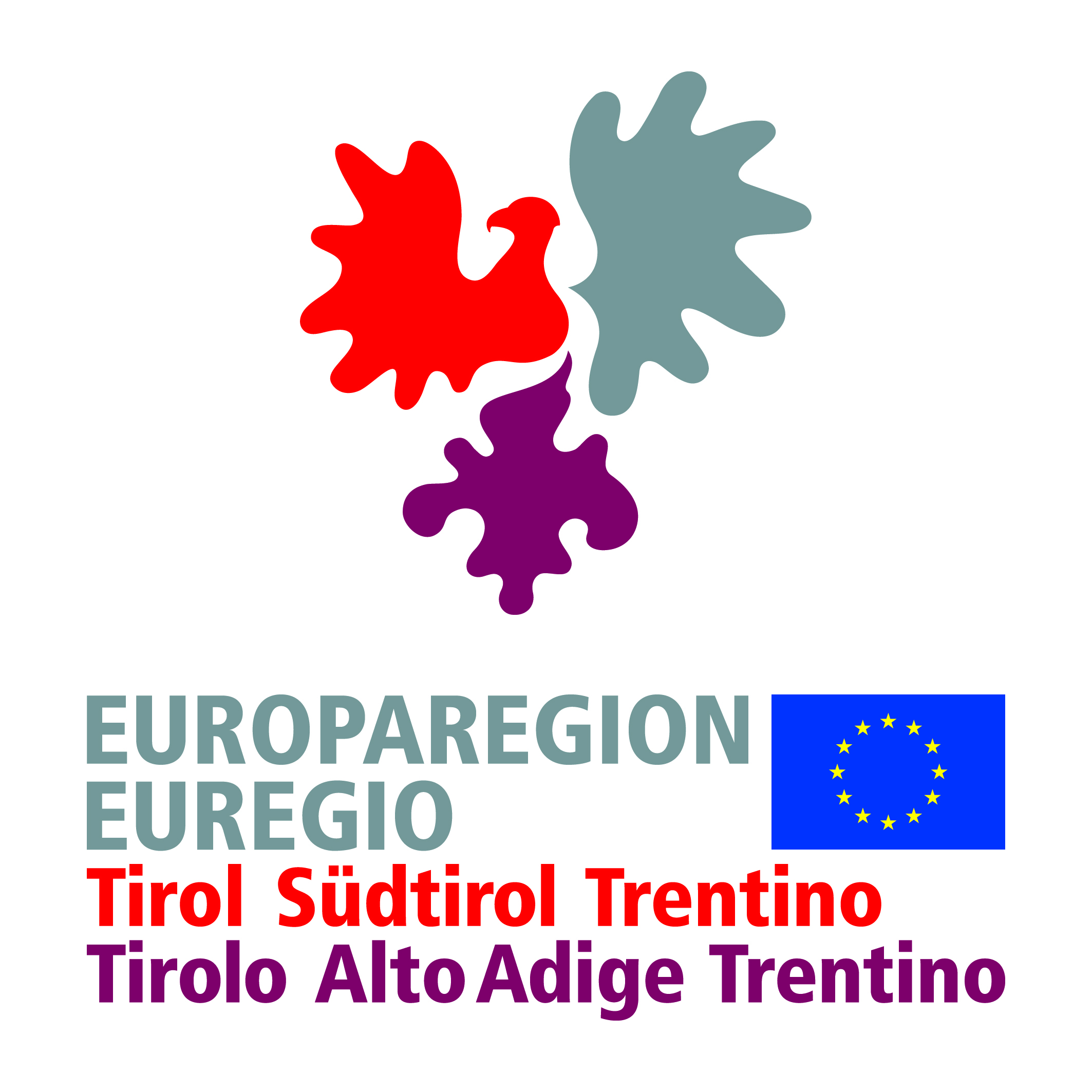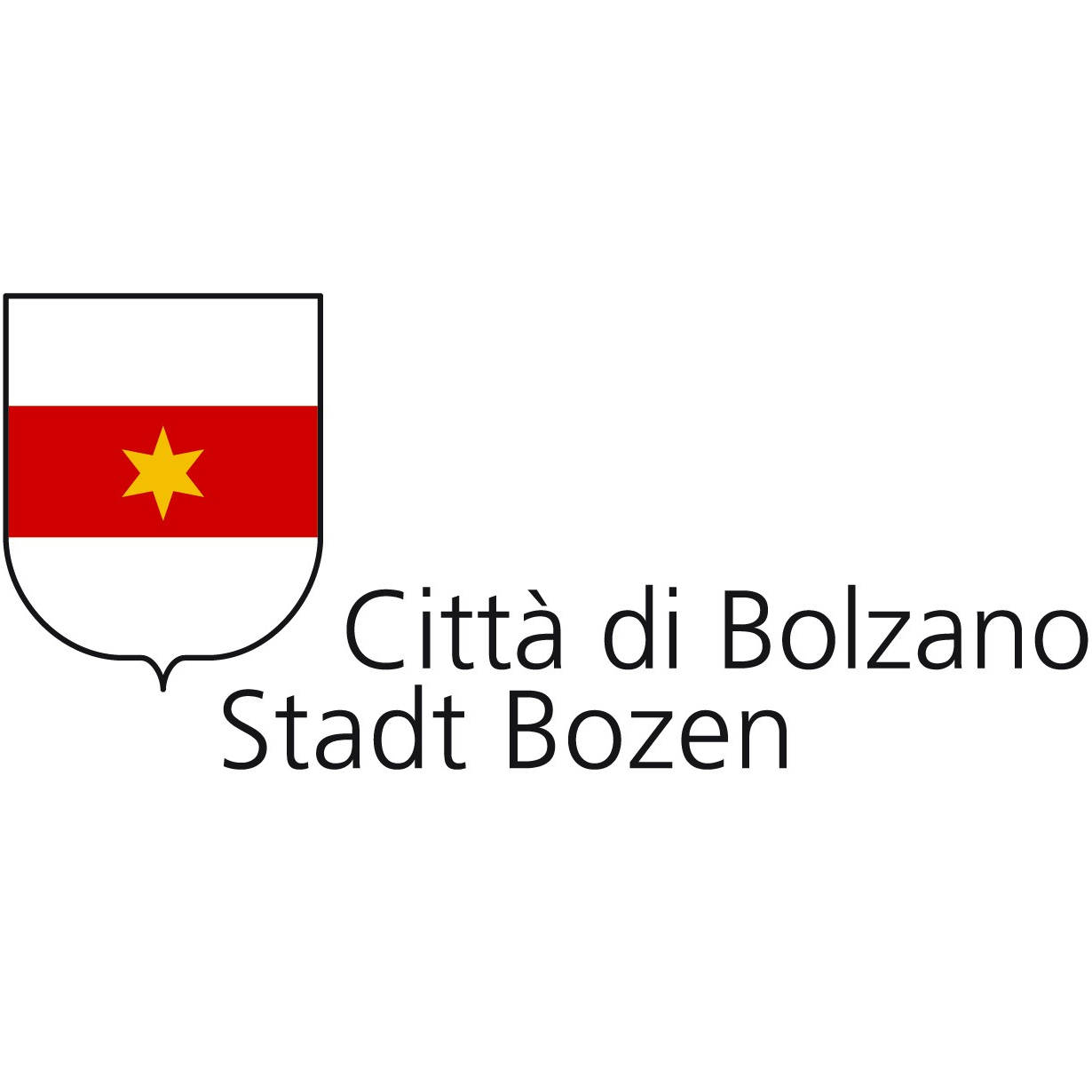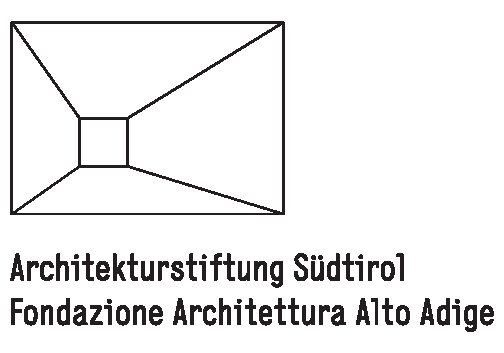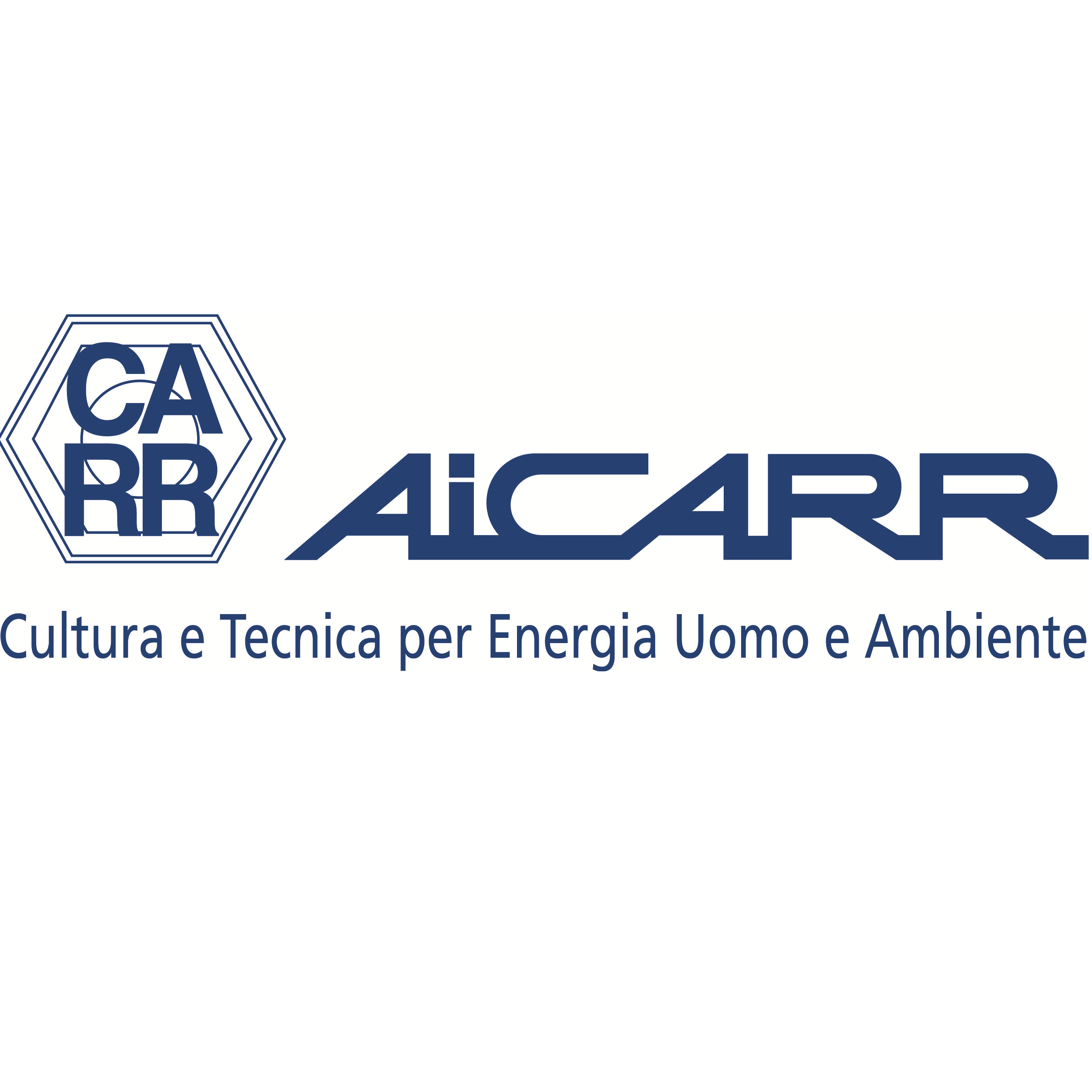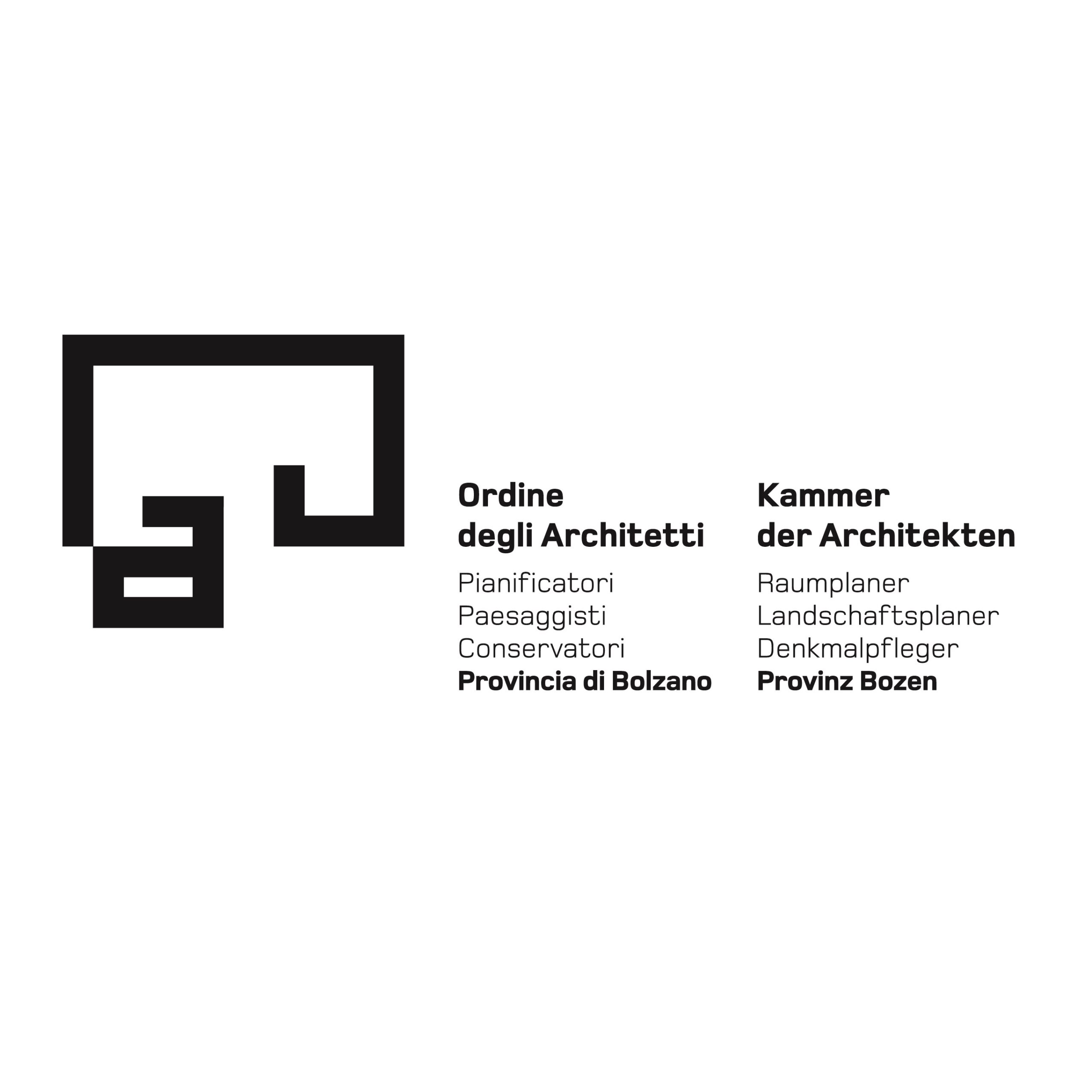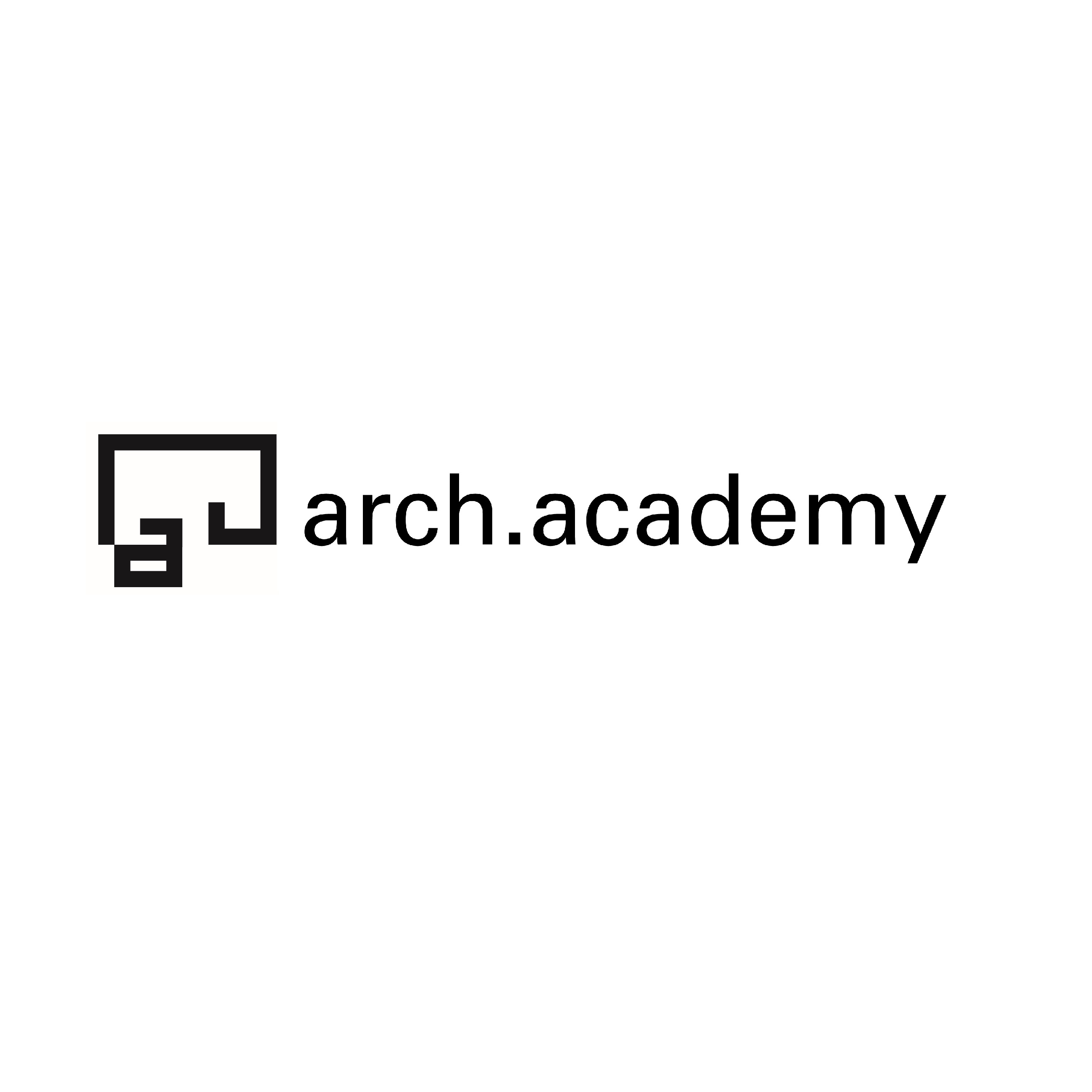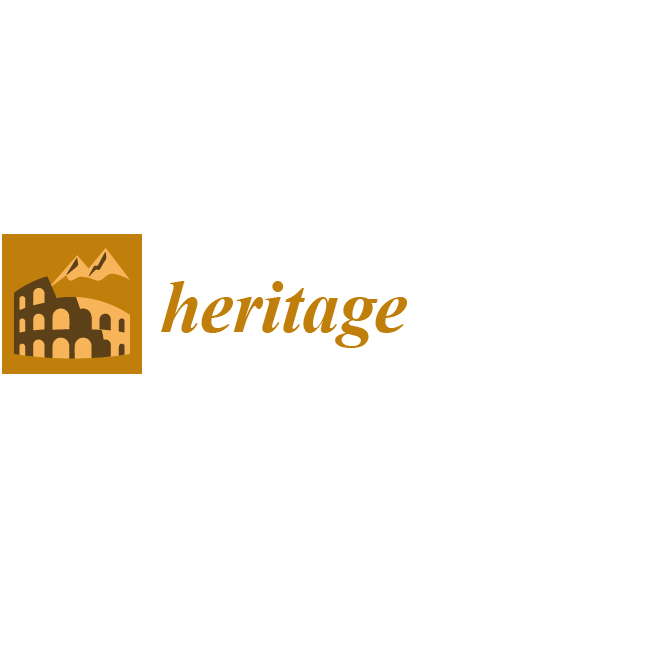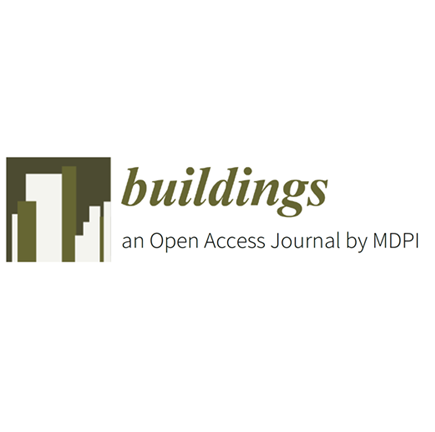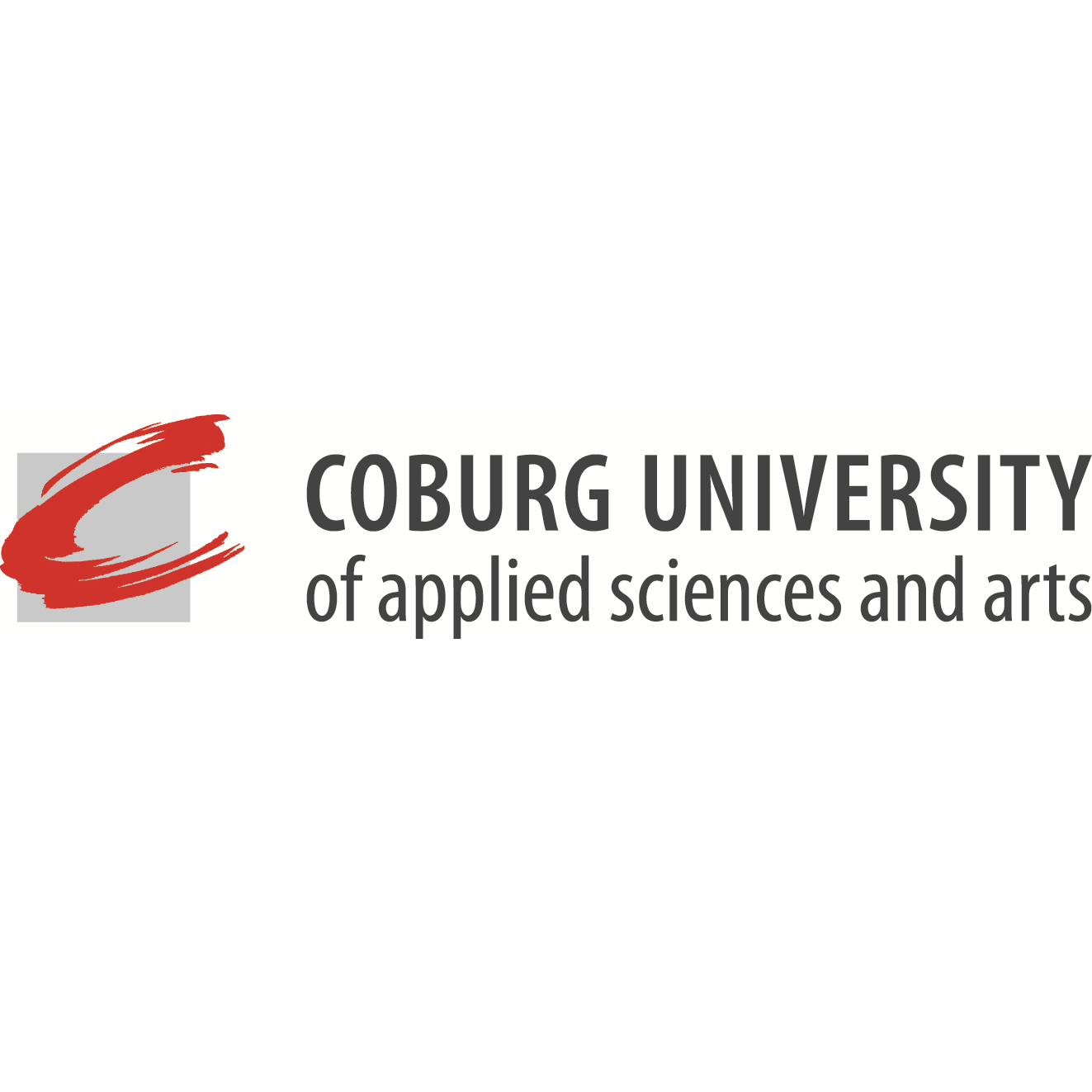Renovating historic buildings
for a low-carbon built heritage
Universally recognised as emblems of many cities, historic buildings account for a quarter of Europe’s existing construction. Retrofitting such buildings presents many opportunities for reducing carbon emissions but can also present many challenges for preserving historic and aesthetic traits and as such, particular and specific care is vital.
Given the unique character of each building, standard energy saving measures are often not viable. Instigating interdisciplinary procedures for renovation and developing affordable and efficient technologies which are compatible with conservation needs are essential for the survival of built heritage and for reducing its environmental impact.
The SBE21 Heritage Conference brings together scholars and practitioners working in the fields of energy efficiency and historic building conservation to foster multidisciplinary dialogues and find new retrofit approaches to save our common heritage and guarantee a sustainable future.
